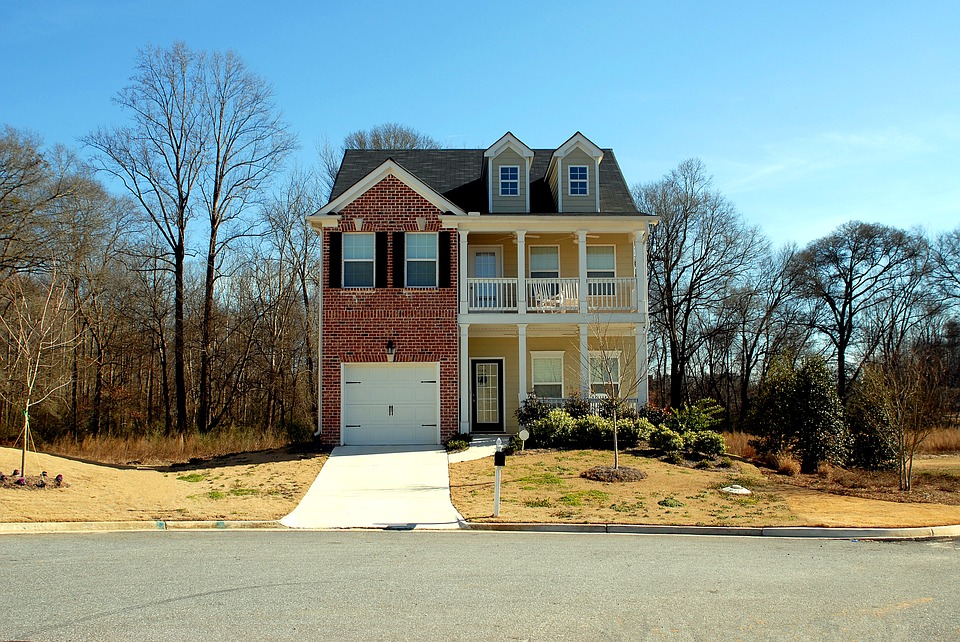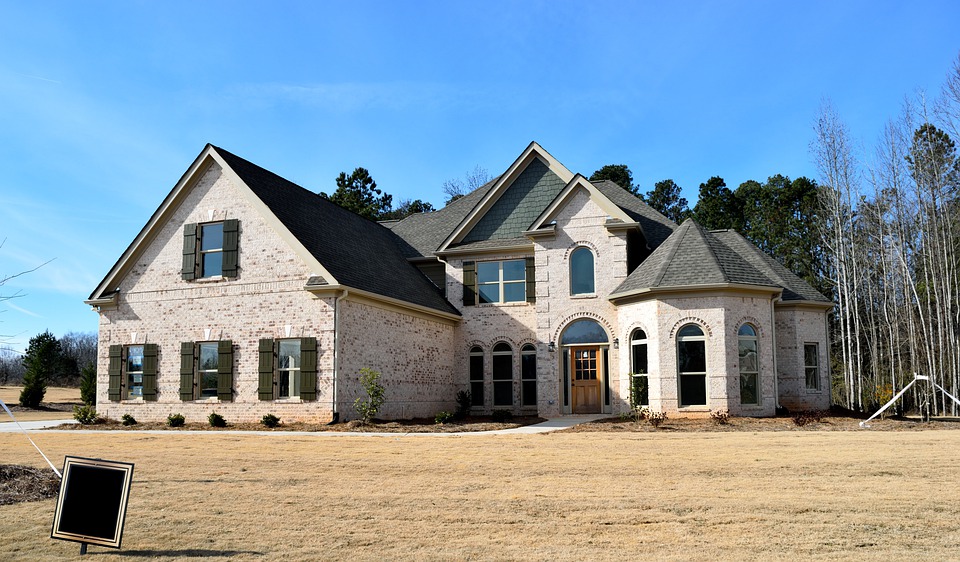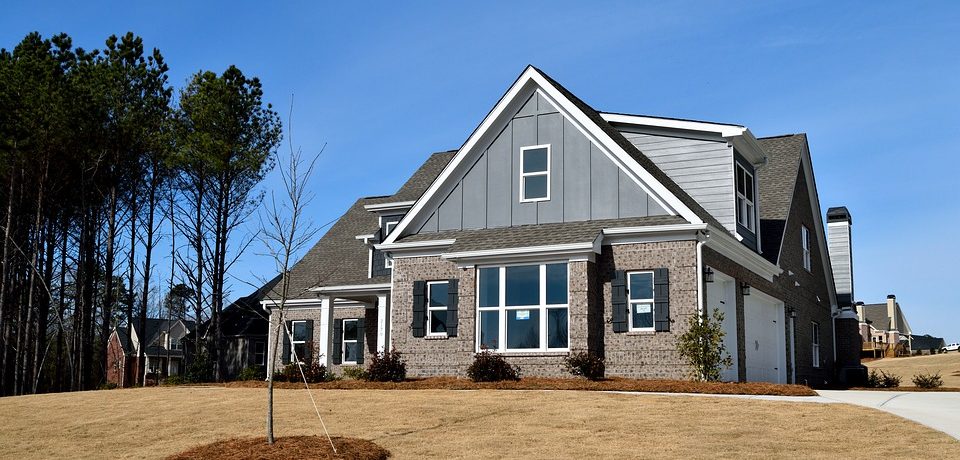
What To Consider Before Buying a Home
Do you want to buy a home? (No, that isn’t one of the questions.) If the answer, however, is “yes,” then there are more questions you’ll need to ponder before you’re truly ready — even if this is your fifteenth fix-and-flip instead of your very first home.
Before you start adding properties to your “favorite” list on your most-visited real estate portal, consider the many possible answers to these questions and then decide what’s best for you. Even if you enjoy making big decisions by the seat of your pants, you’ll find that a little bit of thinking and planning before taking the (huge!) step of buying a home will give you confidence that you got a good deal … and the ability to find a place that’s absolutely perfect for you.
What do I want?
Homes don’t just come in the single-family residence flavor — you can buy a condo, an apartment, or a duplex, for example, and it’s possible that one of those options makes more sense for you and your lifestyle today than a single-family home would.
Homes also aren’t built in isolation. There will be neighbors, traffic, weather, and many other factors and features beyond your control.
What’s an ideal level of neighborhood walkability for you? Would you prefer to be close to your gym or yoga studio chain, or a hiking trailhead? What kinds of schools or pet facilities are nearby? Is the area close to any large cultural or sports centers? What’s the crime rate like? What’s the commute like, and is there decent public transportation? Are any or all of these things good or bad for you, personally?
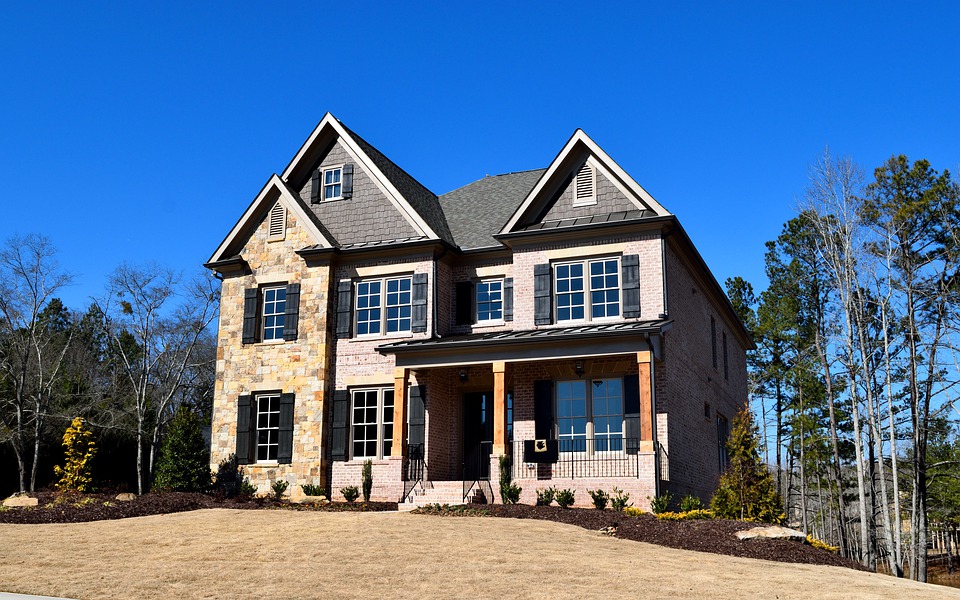
Only when you’ve taken time to thoroughly think about and narrow down the type of home and the area where you want to buy should you start thinking about other aspects of your dream home — like the finishes, the size of the kitchen, and whether it has a big back deck or a gas range instead of an electric stove.
Some of those preferences will be just that, and some will be deal breakers. If you’ve got a large-breed dog and really require a big backyard, it’s okay to put that on your “must-have” list — but try to keep that list significantly shorter than your “nice-to-have” list. You might be surprised by how your preferences shift once you begin actually looking at homes available on the market, so it’s good to have some kind of idea of how important each home feature is to you and your lifestyle and also know where you have a little room to compromise.
It’s smart to keep your options open at every stage of this decision-making process. If you don’t have a friend who lives in the type of house and area that you’re eyeing, it might be a good time to connect with a local real estate agent. They’ve helped people just like you buy a home before — and they might know about perfect neighborhoods that aren’t even on your radar, or which items on your must-have list are easy to implement yourself if a home doesn’t currently have it. Hire a great lawn service in Port Orange to take care of the lawn so you don’t have to.
What can I afford?
Financial experts typically advise that buyers spend no more than 30 percent of their total monthly income on housing. Another rule suggests that you spend a little more than double your annual income on a house.
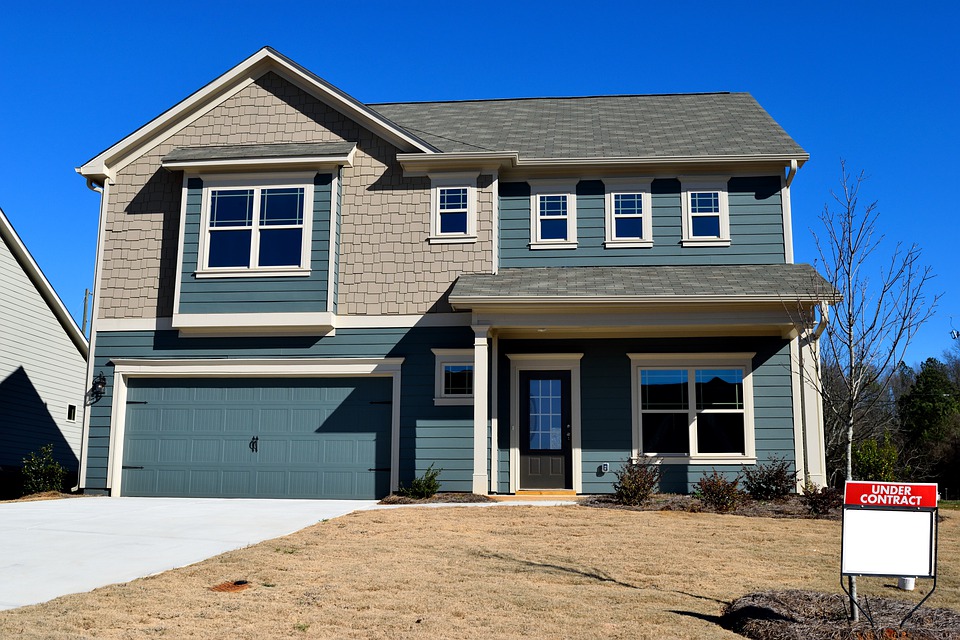
Your mortgage payment is going to cover not only the cost of the home itself, but also interest on the mortgage loan, homeowners’ insurance, and property taxes. And depending on the size of your down payment, you may also need to pay private mortgage insurance on your loan, too.
You can look up property tax information by county; it’s calculated as a percentage of the home’s value, so property tax can shift up or down depending on the housing market, but don’t count on it staying steady for the 30-year duration of your loan.
A local insurance agent can also give you a good idea of what you’ll be paying for homeowners’ insurance on the property. And this is an area where you might actually be able to save a little money elsewhere — if you have a car, you often will receive a discount for packaging your auto insurance and homeowners’ insurance with the same carrier. You might also want to consider some ancillary insurance, like flood or earthquake insurance (and flood insurance is required on some homes).
The mortgage interest rate is going to depend on a few factors — your current credit score and the current market mortgage rates. A loan officer can help you figure out what your current options might be and may even offer suggestions for how to improve your credit score to get a better rate while you’re saving up for that down payment.
Speaking of the down payment: Don’t forget that whatever you bring to the table will be applied to the home sale amount, so you probably won’t be asking for a loan that’s the exact price tag of the home. For example, if the home you want to buy costs $200,000 and you have $40,000 (20 percent) to put down on the home, then you’ll be borrowing $160,000 from the bank instead of the full $200,000.
There are online calculators that can help you assess some of these factors, but again, here it’s smart to talk to a real estate agent. An agent can also refer you to a local insurance agent and loan officer so you can start figuring out what you need to do to become a real-deal homeowner.
Am I financially prepared?
This is a tough question to answer, and it’s one big reason why you might want to start talking to real estate professionals early on in the process — there’s a lot you can do to help make this purchase one of the smartest financial decisions of your life, and most of it happens before you start dreaming up that perfect place to live.
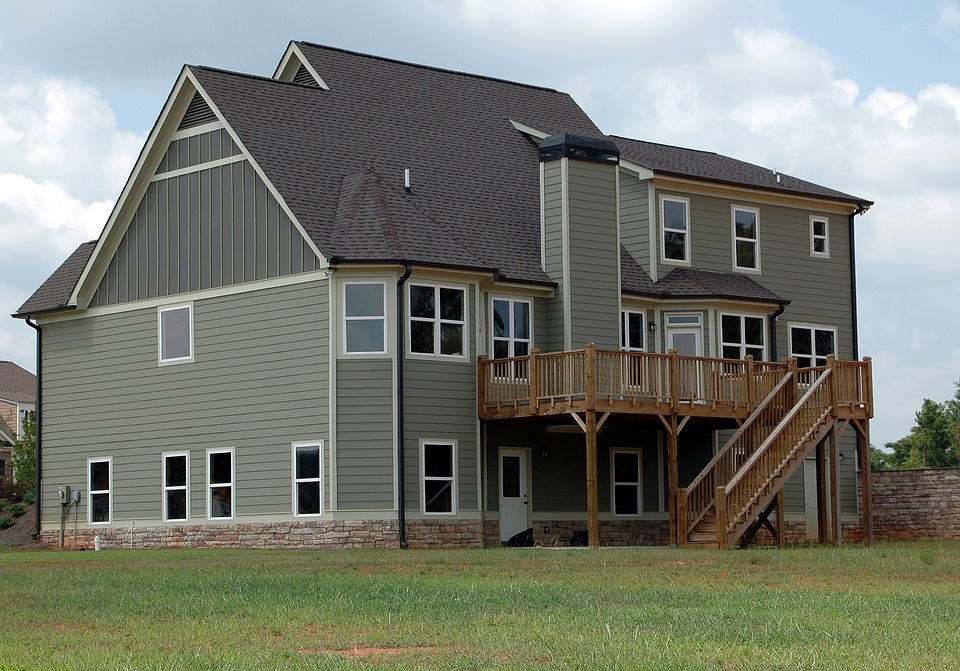
If you aren’t already connected with a loan officer, start here. These people are experts in the different types of loan available to you and how you can optimize your financial standing to give you a great jumping-off point.
You may need to do some work on your credit score before you can buy, and a loan officer can also hook you up with an expert who can comb through your credit report and tell you which debts to pay off first as well as lay out a six-month plan for polishing everything until it’s shiny.
And while you’re working on your credit, do yourself a favor and look up what down payment programs might cater to your situation. Depending on your age, state of residence, whether you’re a first-time homebuyer (it still counts if you’ve reverted to renting for several years!), and a few other factors, you might be eligible for free money that can only be applied toward a down payment on a home. Some programs supporting responsible homeownership require recipients to attend a few classes about buying a home and how to pay off a mortgage — but that’s time well spent if the payoff is four to five figures of cold, hard cash to put down on a home.
When you feel as financially robust as possible, ask your loan officer to pre-approve you for the loan amount you can afford. This will make it possible for you to immediately place an offer on a home if you find one that you love instead of waiting for lender approval … and you’ve already gotten through the hard part, so you might as well make it official, right?
How do I make the best bid possible?
There’s nothing like jumping through all of these hoops — not to mention the home search process — only to place an offer on a home and discover that you were outbid. Or, on the flip side, that you could have offered less and still been successful!
This is where a real estate agent becomes truly valuable in the process; they’ve seen offers that flew and offers that flopped, and they do this every day. If you’re not working with an agent yet, find one and ask for some data about homes sold on the same block (ideally) or in the same neighborhood that are a comparable size, in comparable condition, and have comparable features.
An agent can also help guide you if you’re about to make an offer that’s bound to be rejected because it’s too far below market standards — or if you might be able to get a deal because a home has been languishing on the market for longer than normal and the sellers are reducing the price weekly.
And a good agent can also help you regroup and get back in the game if the offer on your dream home is rejected.
Sometimes a seller considers list price to be a jumping-off point in negotiating a final sale — and sometimes that list price is set in stone and the seller isn’t going to be moved. Your agent can give you a feel for whether you really were offering a number well below market expectations or whether it’s more likely to be a seller’s inflexibility.
When you can answer the first three questions confidently, it’s time to start searching for a home — and when you can answer the fourth effectively, you’ll be walking away from the deal with keys to the front door in your hand.

